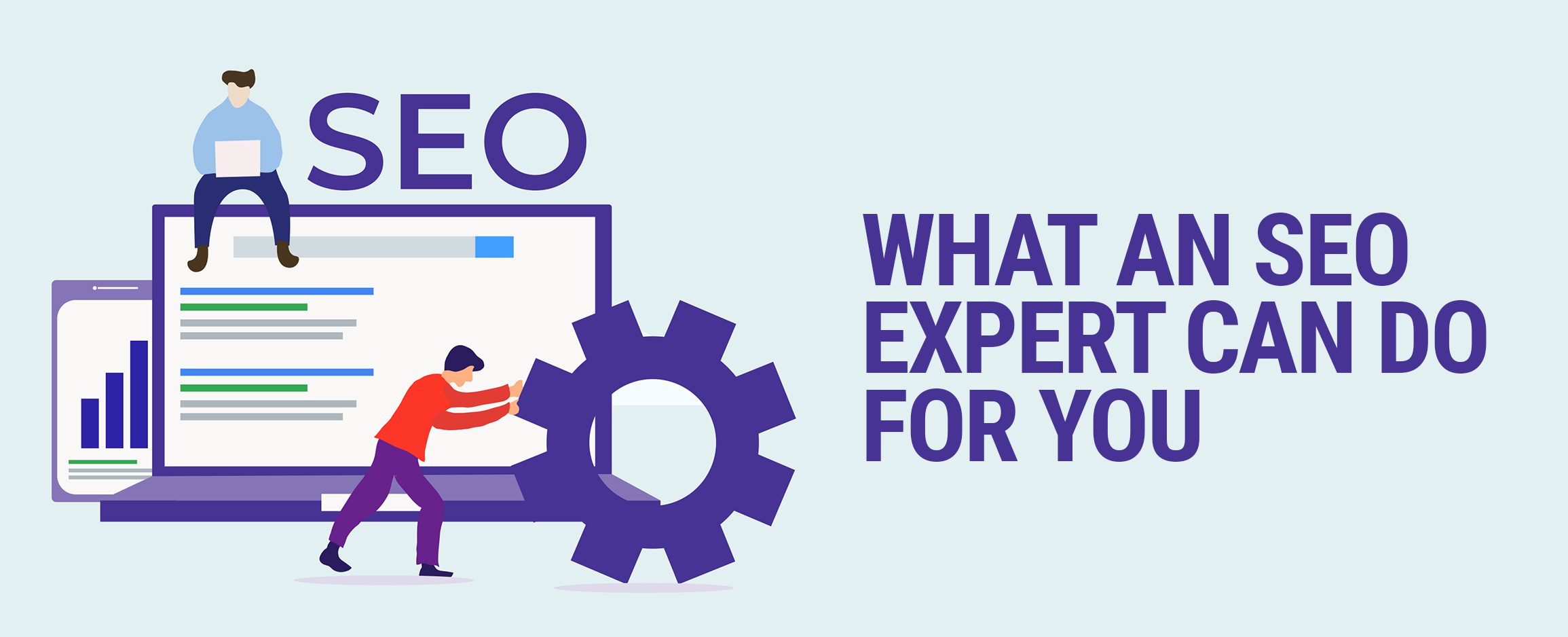Why Your Website Dropped in Google and How to Fix That
Maybe you know that having a website today is not enough. Unless it is ranking for your targeted keywords organically on Google and other search engines, your Website Dropping without SEO agency. In today’s competitive market, every business is doing its best to rank in the top positions of Google to avoid Website Dropping. However, most of those are failing repeatedly. Therefore, this happens mostly because of the lack of SEO knowledge and budget. If you are too finding it difficult, then it is time to dive deep into this.
In order to avoid Website dropping, you need SEO Agency, Therefore, SEO is not a one-day job. SEO takes time before it starts getting the results. SEO needs continuous efforts and investments as well. If you are hesitant of investing in SEO, then this is most probably not for you. Hiring a cheap SEO company will only waste your money and time, instead, onboard a reputed and smart net Tanzania who has a strong record of accomplishment.
You Picked up The Wrong Keywords may lead to Website Dropping
Keywords are important and crucial for rankings. Users search with various search queries related to their needs. Google understands these search queries with relevant keywords with the help of their algorithms like RankBrain etc. Thereafter, Google shows us the web results which are most relevant and of high quality.
If your website does not contain the right set of keywords, then it is very hard to rank for the competitive keywords related to your business, products, and services.
If you have already hired an SEO agency, ask them to send detailed reports of the used keywords page-wise along with the monthly average search volumes and KEI (Keyword Efficiency Index).
Additionally, you need fresh keyword analysis for each important page of your website. This will get you a much clear idea about whether the right keywords are already used or not.
In the future, whenever you create a new sales page or article/ blog page on your website, before doing any optimization, you ask for an in-depth keyword report related to the page topic along with the data.
Your Website Meta-data are not Properly Optimized
When you know that you picked up the right set of keywords for one webpage, your next job is to confirm the metadata optimization quality.
There are three important metadata to optimize for one webpage; Page title, Meta description, and image alternative text (not exactly metadata).
Check whether the best keyword is used on the page title and description of the page or not. Therefore, these two are to be completed in 70 and 150 characters respectively. Both these have to be meaningful, human-readable, and not stuffed with keywords.
Image alternative or image alt text shouldn’t be blank and must contain one keyword related to the page and image. This also has to be contextually meaningful.
Your Webpage Contents are Poor
First, you can compromise on anything but not on the website’s content. Each important page of your website must have sufficient fresh content related to its topic. Failing to do so will not only make the search engine rankings poorer as well as Website Dropping but will make your visitors disappointed as well.
Generally, long contents are better for ranking. Therefore, create content with as many details as possible, while keeping it human-friendly.
Break contents into small paragraphs and try not to repeat the same thing repeatedly. This will not help in the long run, as well as this will create a bad user experience.
Link pages internally and contextually to increase page views and audience dwelling time. This is one of the best practices to improve the user experience as well as the rankings.
If you used to outsource content, make sure to check their originality. There are many online tools available on the internet, which will tell you if the content has already been published earlier. Duplicate and spun content will do more harm than good for the website.
Besides, you should periodically update your website contents to keep them fresh and relevant. Google’s caffeine algorithm tends to rank recently updated content on search results.
Your Website doesn’t Have (Good) Backlinks
Like contents, backlinks are equally important and powerful for organic ranking. Google and all major search engines use backlinks as important parameters to measure the authority of one website.
If your Website Drops, your site’s backlinks can be the reason. If your site has a handful of backlinks, then most probably this is the time to focus on acquiring more top-quality links. Additionally, those links must come from authoritative websites or web pages, which are related to your business and industry.
If you have outsourced your site’s SEO, ask the agency to send a daily backlink report which should have the complete details of all links built or earned along with the date, linking sites’ Domain Authority, Spam Score, and linking page URLs. Cross-check that one by one and monitor details regularly.
Additionally, you should also monitor if you are losing any high authority links. This may happen due to many reasons; maybe the linking page is removed or the linking site has deleted your backlink. When losing many such powerful links can be a reason for your site’s low organic ranking, the solution is to keep on acquiring high authority backlinks naturally and consistently.
Remember, the total number of backlinks is important but the relevancy and authority of those links are more important. Therefore, invest more in high-quality link building than building low backlinks from poor or irrelevant websites. Moreover, your primary target should be creating high-quality content more than building low-quality backlinks. Because, if you consistently indulge yourself in creating superior quality content, those will automatically attract high authority backlinks naturally.
Your Website is not Technically Sound
This is one of the crucial things in SEO and most of the new websites face troubles here. As a website owner, you have many things to check and confirm in technical optimization.
Primarily, check whether the site’s domain version is set or not. It should open either with www or without it. The non-set version must redirect itself permanently to the set version.
Second, check whether each of the web pages has the right canonical tags or not. Canonical URL tells search engines the version of URL to index and rank.
Next, you should take care of the site’s broken links as and when needed. You can use the Google Search Console tool or any other broken link analysis tool to find out the 404 error pages of the site. The solution is to permanently redirect the 404 URL to an existing, relevant, internal page URL.
HTTPS is always better than HTTP. Google recommends HTTPS and introduced it as a strong ranking signal. Therefore, if your website is not yet hosted on HTTPS, consider getting it as soon as possible.
Make sure your website’s robots.txt file has the right directives written and it’s properly placed. Confirm if anything is blocked using robots file unwantedly. Blocking any resources, such as .css, .js, or image files is bad SEO practice.
When sitemap files are not a must, keeping them on websites helps search engines to understand the internal URLs easily and quickly. Hence, keep small sitemap files containing important internal URLs logically.
Monitor Google Search Console tool and Google Analytics tool regularly to know many technical and usability errors of the website.
Your Website is Taking Too Much Time to Load
Website speed is one of the strongest ranking signals today. If your website takes too much time to load on browsers and mobile devices, then that will not only create problems in rankings but will leave a very poor user experience as well.
As a website owner, you must check a few things to make your website faster on browsers and all devices.
Check if GZip compression is enabled or not. This compresses all web files and makes the website load faster.
Confirm if browser caching is enabled or not. You may use WordPress plugins to enable browser caching for your WP website. Otherwise use the browser caching code directly on the sites’ htaccess file.
Optimize image dimensions and file sizes before uploading those to the website. Images eat maximum space and take long times to be fully downloaded. Therefore, optimizing image width, height, and file sizes make lots of differences to the website’s loading time.
Consider making minimum HTTP calls by consolidating multiple .css files into a single large.css file, and multiple .js files into minimum .js files.
Additionally, you may also ask the SEO agency to use minified .css and.js files and CSS-sprite for small images and icons.
If you have a decent budget, you can also try paid CDN technology to make your website faster.
Your Website is Not Mobile Friendly
In today’s mobile world where everyone is searching for things on their mobile devices, a mobile responsive website is a very normal thing. But still, there are many business websites that are not yet designed to keep their mobile customers in mind. If your website is one of those non-mobile-responsive sites, then you are bearing huge losses month after month. Therefore, this is the right time to focus on mobile SEO and redesign your website to make it mobile-friendly.
Besides, Google has already stated that they take websites’ mobile responsiveness as a serious ranking signal. And those sites which are not yet mobile-friendly will lose their organic rankings over time. This means that you cannot ignore this anymore if you want your website to rank organically on Google and other big search engines.
Consult your website designer and developer to revamp your website in accordance with modern responsive web design concepts and techniques. This will not only lift your website’s search engine rankings but will also get you more loyal customers.
Remember, while remaking the website mobile-customer friendly, try not to change the site’s internal URL structure.
You are Not Tracking Your Visitors Behavior and Experience
Failing to measure site visitors’ behaviors can cost a lot. User experience is one of the strongest ranking signals today. If a majority of your site visitors are exiting your website without staying on it or visiting other pages that can be fatal for your website.
The worst case is that when a big percentage of your website’s organic visitors leave your site and come back on the search engine, and then visit one of your competitor sites. This is called Pogo-Sticking. Google takes it very seriously and ultimately this can cause a low search engine ranking.
There are several things you can do to keep your visitors engaged with your website and its contents.
First, analyze the site’s design and loading speed. Your website’s design must be user-friendly. Make sure that the menu links are easily accessible on a variety of devices and screen sizes.
Develop human-readable content. Over-optimized content is not going to satisfy both the readers and search bots. Besides, your content must answer all possible questions on its topic. Invest in crafting brilliant content without grammar, spelling, and punctuation errors.
Use attractive images, GIFs, and videos to retain your visitors on your site. Additionally, you may also use other visual media like infographics and podcasts to increase the audience dwell time.
Allow users to interact with you, your content, and other fellow users. Encouraging visitors to leave their comments and answer others’ questions can be a good strategy to build up strong relationships and a positive user experience.
You Are Not Using Google Search Console (AKA Google Webmaster Tool)
Google Search Console formerly known as the Google Webmaster tool is one of the essential SEO tools. If you as a site owner are not using this tool for your website or blog, then you are bound to miss many important data about your website. All these data should be analyzed in detail to augment the overall SEO of one website.
First, you need to add your website and verify it on the Google Search Console tool.
Next, you should add your website’s sitemap file to Google Search Console and resubmit that whenever you come up with a new page or post on your website.
Regularly check if the tool is listing any crawl errors related to the DNS, server, robots.txt, and your site’s broken URLs. If you see any of these take the necessary steps as soon as possible.
Use the ‘Fetch as Google’ function to inform Google about the changes you have recently made on your site and its pages. This helps in getting a quicker crawling and indexing of the ‘fetched’ URL.
Check if Google is consistently indexing your pages in the ‘Index Status’ section. If you see a deep fall in the number of indexed pages, then you should execute a complete site analysis, including on-page, content, and backlink audit.
If you see any errors in the ‘mobile usability section of the Google Search Console tool, you should try to fix those as early as possible.
Double-check the ‘Manual Action’ section to confirm if your website is free from any kind of manual actions taken by Google.
Analyze your acquired backlinks using Search Console to verify their relevancy, authority, and toxicity. In case you see a relatively poor domain linking to your website irrelevantly you may disavow that using the Google Search Console tool. As a result, from next time onward Google will start counting it as a nofollow link, as long as you keep that link on your disavow file.
Make a daily habit of checking the keyword data using the Search Console tool. This section lists the impressions, clicks, CTR (Click Through Rate), and average positions of your website and its pages for different keyword searches.
In addition to Google Search Console, also integrate your website with the Google Analytics tool to measure all traffic-related data in detail.
Conclusion
Starting from picking up the right keywords, optimizing the metadata, developing great content, attracting high authority backlinks, structuring the technical optimization, fixing the website’s speed, and building a mobile-friendly website is a must for getting the best search engine rankings. Organic ranking is not the result of one particular thing, but search engine ranking is the collective result of around 200 different SEO factors. Therefore, start correcting and perfecting every aspect of the website to enjoy huge organic traffic from Google and other search engines. Additionally, you may invest a little of your daily time learning digital marketing skills.
SEO is online marketing and marketing must be diversified in various marketing channels. Therefore, don’t just focus on Search Engine Optimization. Instead, channelize your online marketing budget in various internet marketing outlets, including SEO, search engine marketing, social media marketing, content marketing, etc. This will bulletproof your marketing results and will improve your company’s bottom line.
Let Smart net Tanzania fix your problems









